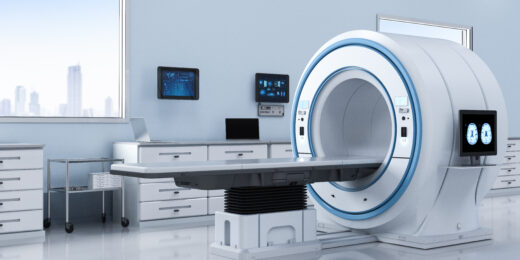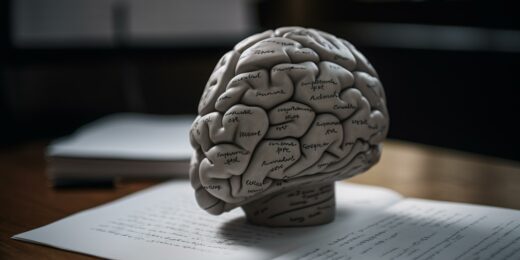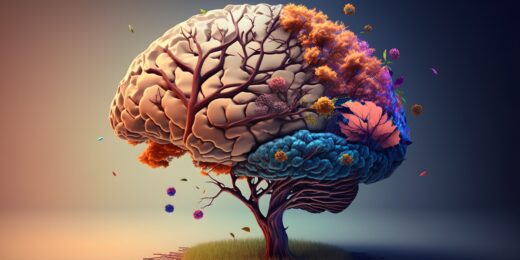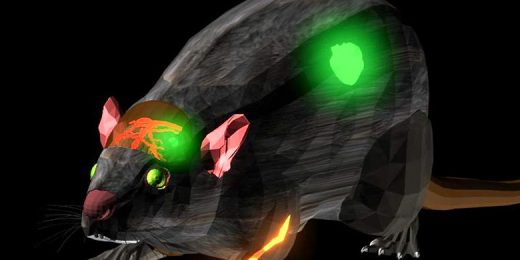MRI is a powerful, non-invasive diagnostic tool widely used to investigate anatomical structures and functions in the body. Though generally considered to be safe, several studies …
Latest
Snails can travel far, spreading disease, researchers find
I would expect it to take all day for a snail to get across my backyard and its entire life to get around my neighborhood. …
Stanford researchers exploring consequences of Tuskegee syphilis study
I first learned about the secret U.S. government syphilis study conducted on poor black men in Tuskegee, Alabama, during a college class on ethics. The …
“We know very little about the brain”: Experts outline challenges in neuroscience
The greatest challenge in the field of neuroscience, according to two experts, is that we still don't understand the basics. Around forty students, scientists, and community …
Long-distance eye-brain connections, partial vision restored for first time ever in a mammal
The retina, a thin sheet of cells no more than half as thick as a credit card, is the light-sensing part of the eye. If nerve cells were …
What color is your cloud? Study finds large variability in resident workloads
For decades medical residents have put themselves into two camps: "black clouds" and "white clouds." Black-cloud residents carry with them the bad luck of consistently getting …
Emergency room efficiency could rise by empowering doctors, new study finds
Billboards nationwide boast emergency room wait times — an oft-cited statistic of efficiency. But one way to boost efficiency, without increasing cost, may be to …
Immunotherapy: New hope in treating cancer
There's a new kid on the block in cancer treatment. Actually it's an old kid who's been around for awhile but is being heralded …
Countdown to Big Data in Biomedicine: How gamers have advanced the RNA field
How does a "slightly bananas side project" (his words) in a biochemist's lab help accelerate researchers’ understanding of RNA? During last year's Big Data in Biomedicine conference, Stanford biochemist Rhiju …
Men’s typically taciturn Y chromosomes tell colorful tale of conquests, expansions
There's nothing more macho than a Y chromosome. It not only confers maleness on its recipient but is handed down from one generation to the next pretty much stubbornly unchanged. …
Imaging study shows genetics and environment affect different parts of the brain
One of the oldest scientific debates is "nature versus nurture" -- do inherited traits or environmental factors shape who we are, and what we do? …
A dye to try: New compound provides improved imaging, safety
A team of Stanford-led researchers has created a dye capable of identifying tumors in a variety of tissues and providing surgeons with real-time video feedback …
Stanford study: Commonly used sleeping pill may boost stroke recovery
If what works in mice works in people, a widely popular sleeping pill could someday start seeing action as an aid to stroke recovery, according …
Stanford study: Not all dog bites should be treated with antibiotics
Just before the holidays, my husband whisked me off to urgent care because I received some nasty dog bites on both my hands. The incident …
Why establishing a health baseline is a ‘critical starting point for achieving future health goals’
Raise your hand if you want to be more successful at achieving health goals, such as losing weight or lowering your cholesterol levels, and maintaining …
Eating for good blood: Tips for boosting iron levels and hemoglobin
Approximately 10 percent of potential blood donors are turned away because of low iron. Here, a Stanford Blood Center writer offers tips for boosting a person's count.

















